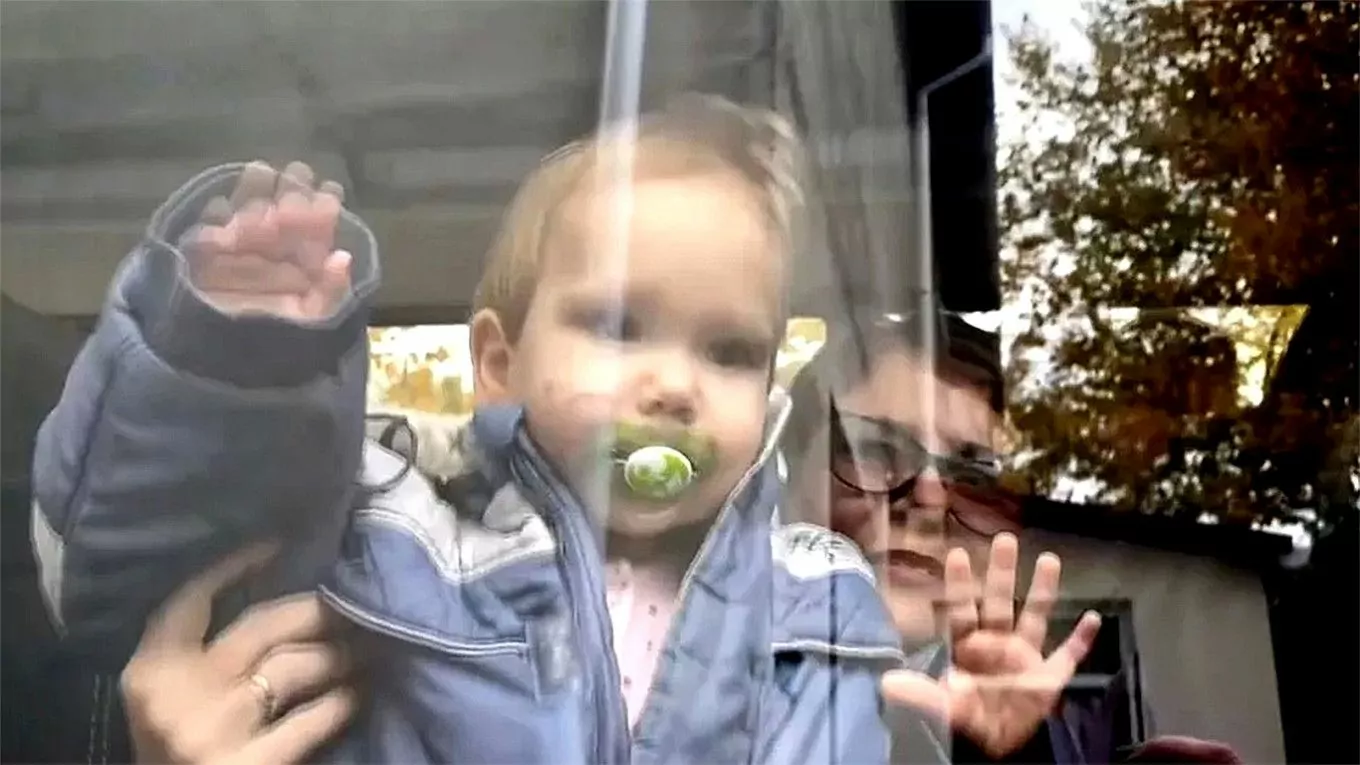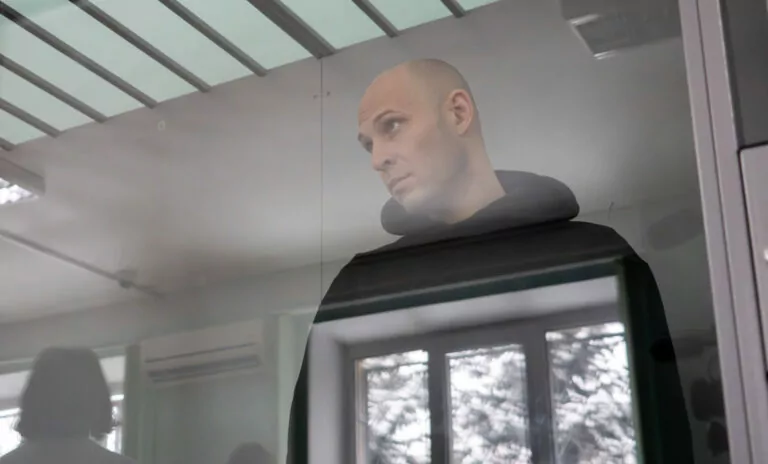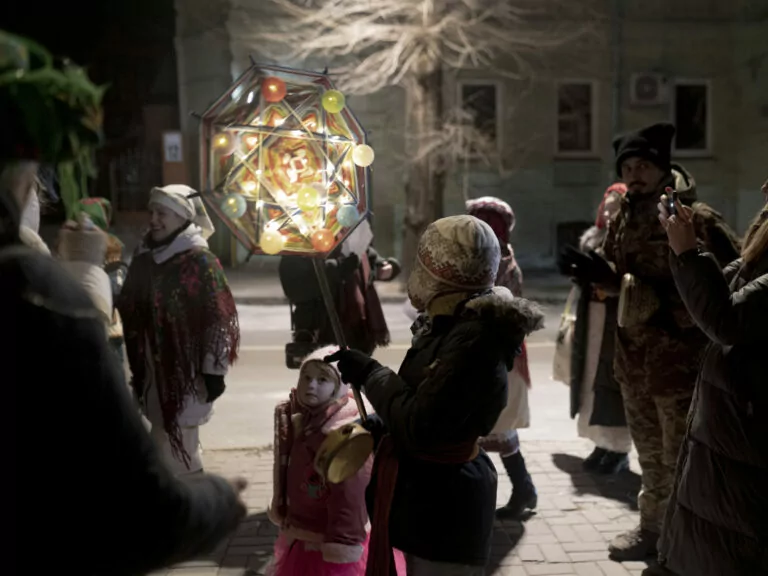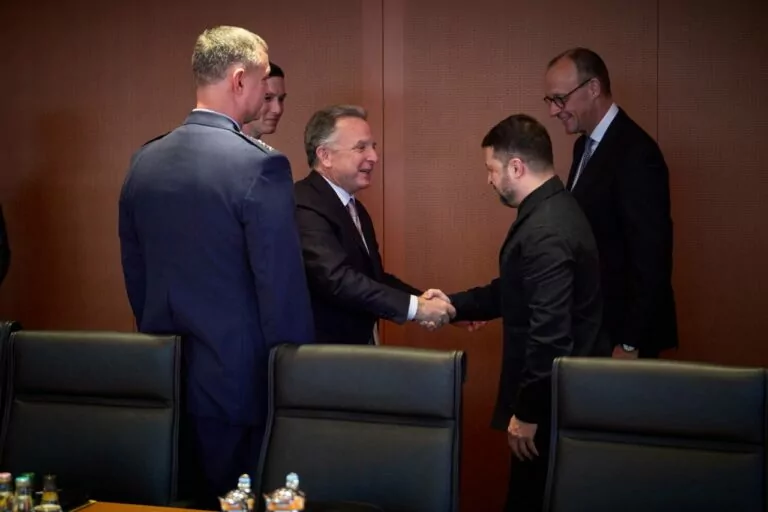Recently, the media reported that the head of a Russian party, Sergei Mironov, and his wife, Inna Varlamova, “adopted” a child who had been taken from Ukraine.
Media reports say that 10-month-old Margarita Prokopenko was in an orphanage in Kherson during the Russian occupation of the city. From there, she was taken to Russia, allegedly for “medical examinations and rehabilitation.” Media reports say that later the girl’s name and citizenship were changed! Thus, Margarita became “Marina Mironova”! It is also known that a two-year-old boy, Ilya Vashchenko, was probably taken with the girl. His fate is not yet known.
“The guardian of Margarita’s sister turned to me as the Ombudsman of Ukraine. The woman asked for assistance in establishing Margarita’s whereabouts and formalizing her guardianship. It should be noted that Margarita has a six-year-old sister and a three-year-old brother. The six-year-old sister lives with a guardian, but the fate of Margarita’s brother is unknown. He, like the girl, was in Kherson. That is, the siblings were separated by the Russians,” the Ukrainian Parliament Commissioner for Human Rights commented.
The adoption of Ukrainian children in Russia is illegal. According to international and national norms, for foreigners to adopt a Ukrainian child, they need to notify Ukraine and obtain consent for the adoption. However, Russia is trying to get around this and forcibly grants Ukrainian children Russian citizenship.
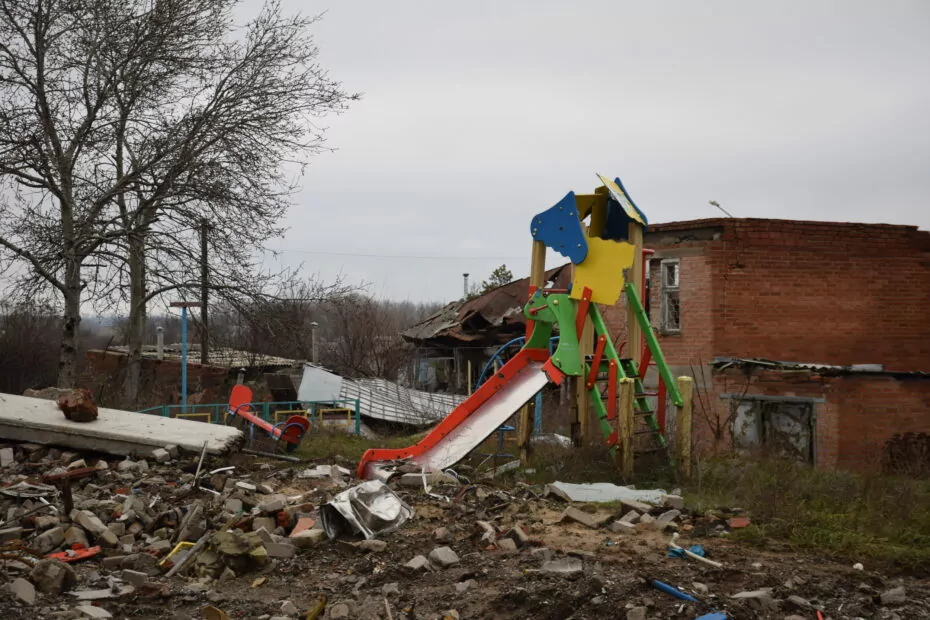
“Thus, at least this is already the basis for the next warrants! The international community must respond to the war crime of the Russians and help return the children abducted by Russia,” Dmytro Lubinets added.
Regarding this particular case, the Ombudsman plans to appeal to international partners and international organizations to condemn the actions of the forced removal and adoption of a Ukrainian child and recognize it as a crime of genocide and facilitate the return of Ukrainian children home.
More from Gwara
Ukraine has already brought back 2,598 people as of November 22, 2023, according to Dmytro Lubinets, the Ukrainian Parliament Commissioner for Human Rights. Since March 11, 2022, a total of 48 exchanges have taken place.
